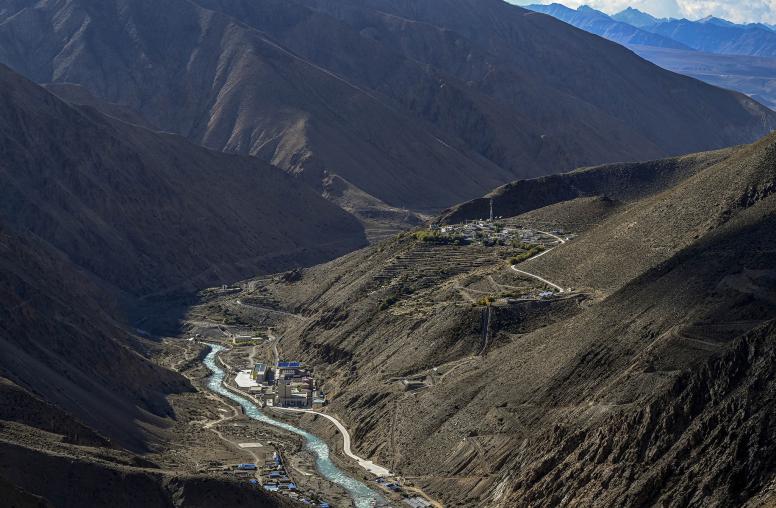 Nepal
Nepal
Featured Research & Analysis

India on One Side, China on the Other: Small-State Security in the Himalayas
While much attention has been given to competition in the Indo-Pacific, the Himalayan landlocked countries of Nepal and Bhutan have been navigating their foreign policy and domestic priorities amid heightened global competition — especially between their regional neighbors India and China — while also pursuing critical economic and development needs.

In Nepal, Post-Election Politicking Takes Precedence Over Governance
This past November, Nepalis participated in the second federal and provincial election since its current constitution came into effect in 2015. With 61 percent voter turnout, notably 10 percent lower than the 2017 general elections, the polls featured a strong showing from independent candidates.

China’s Engagement with Smaller South Asian Countries
When the government of Sri Lanka struggled to repay loans used to build the Hambantota port, it agreed to lease the port back to China for 99 years. Some commentators have suggested that Sri Lanka, as well as other South Asian nations that have funded major infrastructure projects through China’s Belt and Road Initiative, are victims of “China’s debt-trap diplomacy.” This report finds that the reality is...